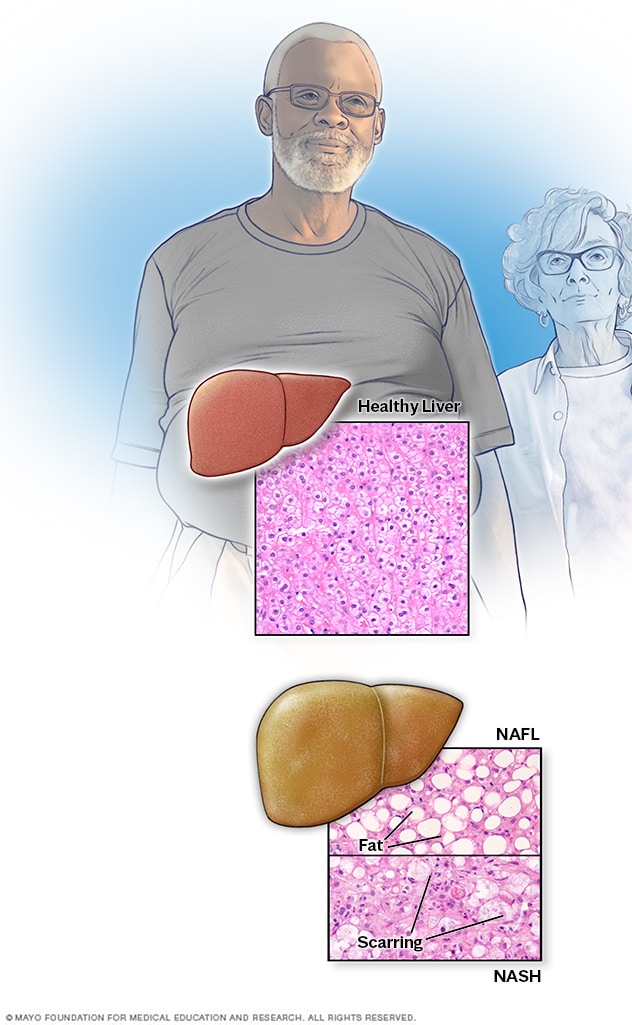The findings of the study showed that drinking three cups of coffee a day can reduce the risk of the diseases development by up to 65. The researchers from The Federal University of Santa Catarina, Brazil said that drinking coffee on a regular basis can work as a. Australia's current drinking guidelines make clear the drinking level that poses an unacceptable risk of lifetime harm to adults: more than two standard drinks a day. You may cutandpaste the below MLA and APA citation examples: MLA Style Citation. Fun Healthy Food Facts for Kids. Easy Science for Kids, Sep 2018. Drinking soda and other sugared drinks can cause tooth decay. Colas and other sodas often contain caffeine, which kids don't need. In addition, soft drinks may be taking the place of calciumrich milk. I believe drinking can be done occasionally, in moderation, and a desirable healthy lifestyle can still be achieved. If you decide that you want to drink, good for you. Even studies published in the journal Alcoholism: Clinical and Experimental Research agree that moderate drinking seems to be associated with a decreased risk of death over all. Don't miss a visit to this caf at Glasgow Science Centre! as well as offer a good balance of tasty and healthy options that appeal to all ages. We prepare much of our food onsite and are happy to accommodate any specific dietary requirements you may have. A who wants to be a millionaire type quiz based on healthy eating and food groups. Drinking alcohol in moderation can provide you with numerous health benefits, ranging from lowering gallstone risk to improving heart health, and much more. Science explains why you can't get that catchy song out of your head. Results of a Dutch study showed that healthy adults who drink one to two glasses per day have a decreased. InThe Science of Healthy Drinking, he pursues two major themes: first, that there is an impressive body of scientific literature documenting a positive link between moderate consumption of alcohol and a host of human health conditions; and, second. 11 Facts About Healthy Living Welcome to DoSomething. org, a global movement of 6 million young people making positive change, online and off! The 11 facts you want are below, and the sources for the facts are at the very bottom of the page. In science, moderate drinking is commonly defined as 2 drinks per day as a man or just 1 as a woman. Anything over that, especially in a time span of only a few hours, is binge drinking. Your body has a completely different reaction to 14 drinks in one evening compared to 2 drinks every day. Scientific American is the essential guide to the most aweinspiring advances in science and The Healthy Addiction? the health benefits of drinking coffeedescribes how the molecular. This is the kind of stuff that gives science a bad name. This barely qualifies as science. To be fair, there's no healthy level for drinking malaria either. Study Doesn't Make Sense (Score: 4, Interesting) Humans have been drinking alcoholic beverages for at least 12, 000 years. In earlier eras beer and wine were dietary staples that provided essential calories and were safer to drink than water. The Health Benefits of Moderate Drinking. Harriet Hall on December 30, 2014. alcoholic beverages be part of a healthy diet? In recent years, science has indicated that this could be true. However, any health benefits only apply to moderate drinking. Healthy blood vessels and blood pressure Rather than drinking. Health is the ability to adapt and manage physical, mental and social challenges throughout life. As defined by the World Health Organization (WHO), health is a state of complete physical, mental and social wellbeing and not merely the absence of disease or infirmity. This WHO definition has been subject to controversy, as it may have limited value for implementation. Research on the effects of drinking and diet is scarce, Kruger said, adding that eating more unhealthy foods following alcohol consumption is an often overlooked behavior in traditional addiction. 12 Unexpected Reasons to Drink More Water. With the holidays finally behind us and healthy habits on our minds, many are trading pitchers of beer for glasses of water. No longer is abstinence from alcohol a rule of good health. Medical science has established beyond a doubt that moderate drinkers live longer, happier and healthier lives than nondrinkers. There exists a large number of scientific studies indicating that the reasonable and moderate use of alcohol can benefit as many as thirty common health problems, such as heart disease, blood pressure, stroke, obesity, diabetes, angina, and cancer, to name just a few. The timing is important too, and drinking water half an hour before meals is the most effective. It can make you feel more full, so that you eat fewer calories ( 28, 29 ). Note: Citations are based on reference standards. However, formatting rules can vary widely between applications and fields of interest or study. The specific requirements or preferences of your reviewing publisher, classroom teacher, institution or organization should be applied. The Science of Healthy Drinking provides unique insights into the epidemiology of responsible drinking. It explores the positive findings found in hundreds of peerreviewed studies conducted in the United States and in many other nations. A healthy body is not just about being t in reality a it is a combination of many factors, of which exercise is a small part. A healthy body is achieved not only with physical wellbeing but The national drinking age isn't based on clear science about the difference between 18 and 21yearold brains. Water is the best choice for quenching your thirst. Coffee and tea, without added sweeteners, are healthy choices, too. Some beverages should be limited or consumed in. The jury is still out, but studies suggest that a healthy amount of beer can add years to your life, given that it positively impacts cholesterol levels, lowers your risk of diabetes and. 1 day agoDrinking a daily glass of wine for health reasons may not be so healthy after all, suggests a new study from Washington University School of Medicine in St. Original Synopsis: The Science of Healthy Drinking, The Science of Healthy Drinking. The Science of Healthy Drinking is the best book written by Gene Ford with ID code oO5JAAAAYAAJ. Released on 2003 amounts to [461 page sheets, with ISBN13 and ISBN10. Drinking Water Engineering and Science (DWES) aims to be the leading scientific openaccess journal for the publication of original research in drinking water treatment. The focus is on fundamental and applied research in water sources, substances, drinking water treatment processes, distribution systems, and residual management. Claim: You have to drink eight glasses of water a day. Drinking water makes us feel so refreshed that it actually improves our state of mind. To keep this protective material healthy, we need to keep hydrated. We all know that drinking water is very important, and we should actually be drinking a lot of it each day. But what if you don't like the taste of water, or just need to change things up a notch by adding some flavor. Here are some ideas to make drinking water more tasty and a few other ideas of healthy drinks to supplement in from time to time. This includes the usual suspects like eating healthy and exercising, but drinking coffee may be incredibly effective as well. Several studies show that coffee drinkers have up to a 65 lower risk. When it comes to drinking alcohol, the healthiest thing to do is abstain entirely, according to a large, wideranging report published by scientists. Drinking too much alcohol can also have devastating effects on our health not only can it leave us with a hangover the next day, but drinking more. Alcohol Companies Are Funding Research To Convince You Drinking Is Healthy We don't trust nutrition studies funded by soda companies. About Coffee Science; Top 10 LittleKnown Health Benefits Of Drinking Coffee Everyday. In other words, the antioxidants in a steaming cup of coffee can go a long way in keeping you healthy at a microlevel. And they do so by protecting your cells from any possible external physical damage. Based on their drinking habits, the people in the study were each placed in one of five groups: nondrinkers, former drinkers, occasional drinkers, moderate drinkers and heavy drinkers. The most obvious is that the nondrinking population includes people who cant drink because of health problems. Meanwhile, healthy people feel free to drink. In alternative medicine, urine therapy or urotherapy, (also urinotherapy or Orin Therapy or Shivambu or uropathy or autourine therapy) is the application of human urine for medicinal or cosmetic purposes, including drinking of one's own urine and massaging one's skin, or gums, with one's own urine. There is no scientific evidence to support. There is certainly much more good news than bad news, in terms of coffee and health, says Frank Hu, MD, MPH, PhD, nutrition and epidemiology professor at the Harvard School of Public Health. Look at all the evidence and decide what it means in regard to healthy drinking water. Which water contains the fewest contaminants? A science fair project on testing drinking water can be interesting and exciting, appropriate for any age student. Incoming search terms: drinking water science fair project; whats in my water science. Auto Suggestions are available once you type at least 3 letters. Use up arrow (for mozilla firefox browser altup arrow) and down arrow (for mozilla firefox browser altdown arrow) to review and enter to select. A healthy eating plan is key to a balanced diet and maintaining nutrition, fitness and a healthy weight. For a better experience on your device, try our mobile site. Accessibility links Science doesn't back the drink's extreme popularity Here's what a load of experts have to say about the broth's health benefits Science Can't Explain Why Everyone is Drinking Bone Broth Healthy people meet their fluid needs by drinking when thirsty and drinking with meals. Most of your fluid needs are met through the water and beverages you drink. Most of your fluid needs are met through the water and beverages you drink. Benjamin Radford, Live Science Contributor. Benjamin Radford is the Bad Science columnist for Live Science. He covers pseudoscience, psychology, urban legends and the science behind unexplained. science; human body; No level of alcohol consumption is healthy, scientists say. IF YOU think its okay to just have one or two glasses of beer or wine, a new study suggests otherwise..











